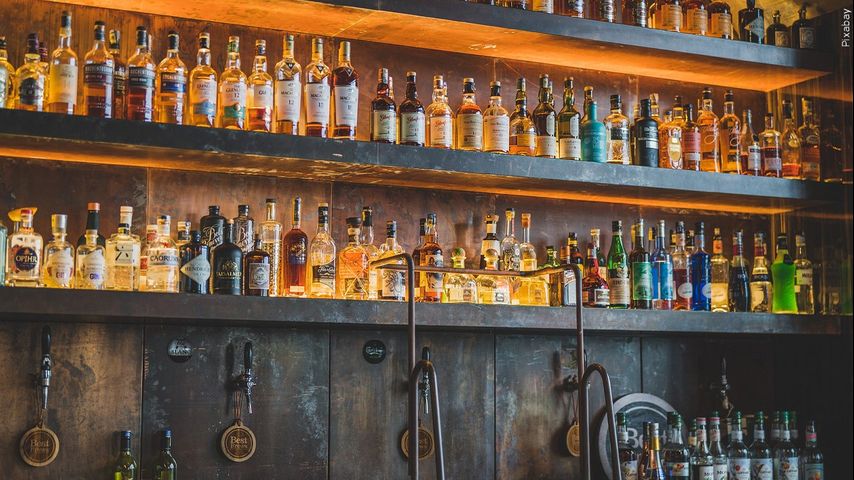Weight-Loss Drugs and Alcohol Consumption: A Surprising Link
A new study from Baton Rouge General Hospital reveals a surprising side effect of weight-loss medications: a decrease in alcohol cravings.Researchers are finding that many individuals using these drugs experiance a significant reduction in their desire for alcoholic beverages.
Dr. Drake Bellanger, an obesity medicine specialist at the hospital, explains the phenomenon: “It hits the craving centers, so one of the ways it helps people lose weight, it decreases your cravings,” he said. “The craving center in our brains is a craving center regardless of if it’s smoking, food or alcohol.”
The implications of this finding are significant, particularly as the holiday season approaches. National studies indicate that 13% of Americans have tried weight-loss medication. A recent study showed that approximately 50% of those who previously consumed alcohol reported a decrease in alcohol intake after starting anti-obesity medication.
Given alcohol’s contribution to weight gain, this effect could be particularly noticeable during holiday gatherings, which frequently enough involve increased alcohol consumption. Dr. Bellanger notes, ”What we’ve seen is that most people have a decreased craving for alcohol.Frequently enough times, they don’t crave it as much. Sometimes people will say the taste of the drink is not the same as it used to be.”
For those who still wish to enjoy an alcoholic beverage, Dr. Bellanger suggests red wine as a possibly better choice, citing its relatively lower impact on weight and blood sugar levels.
This research offers a new perspective on the potential benefits of weight-loss medications, extending beyond simple weight reduction to encompass changes in lifestyle habits. Further research is needed to fully understand the long-term effects and implications of this connection between weight-loss drugs and alcohol consumption.
The article discusses a potential side effect of weight-loss medications: a reduction in alcohol cravings.
here are the key points from the article:
Decreased Cravings: A study from Baton Rouge General Hospital found that many people using weight-loss medications experience a importent decrease in their desire for alcoholic beverages.
Targeting the Craving Center: Dr. Drake Bellanger, an obesity medicine specialist, explains that weight-loss medications target the “craving center” in the brain.This center is responsible for cravings related to various substances, including food, alcohol, and cigarettes.
Potential Impact During Holidays: Wiht the holiday season approaching and increased alcohol consumption, this finding is particularly significant.
Reduction in Alcohol Intake: Studies show that about 50% of people who previously consumed alcohol reported a decrease in alcohol consumption after starting weight-loss medication.
altered Taste Perception: Some individuals report that the taste of alcohol changes after taking these medications, making it less appealing.
Red Wine Recommendation: For those who still choose to drink alcohol, Dr. Bellanger recommends red wine due to its relatively lower impact on weight and blood sugar levels.
Further Research Needed: While these findings are promising, further research is necessary to fully understand the long-term effects and implications of this connection between weight-loss drugs and alcohol consumption.
Overall: This research suggests that weight-loss medications may offer benefits beyond weight reduction, potentially helping individuals manage alcohol cravings and improve their lifestyle habits.


